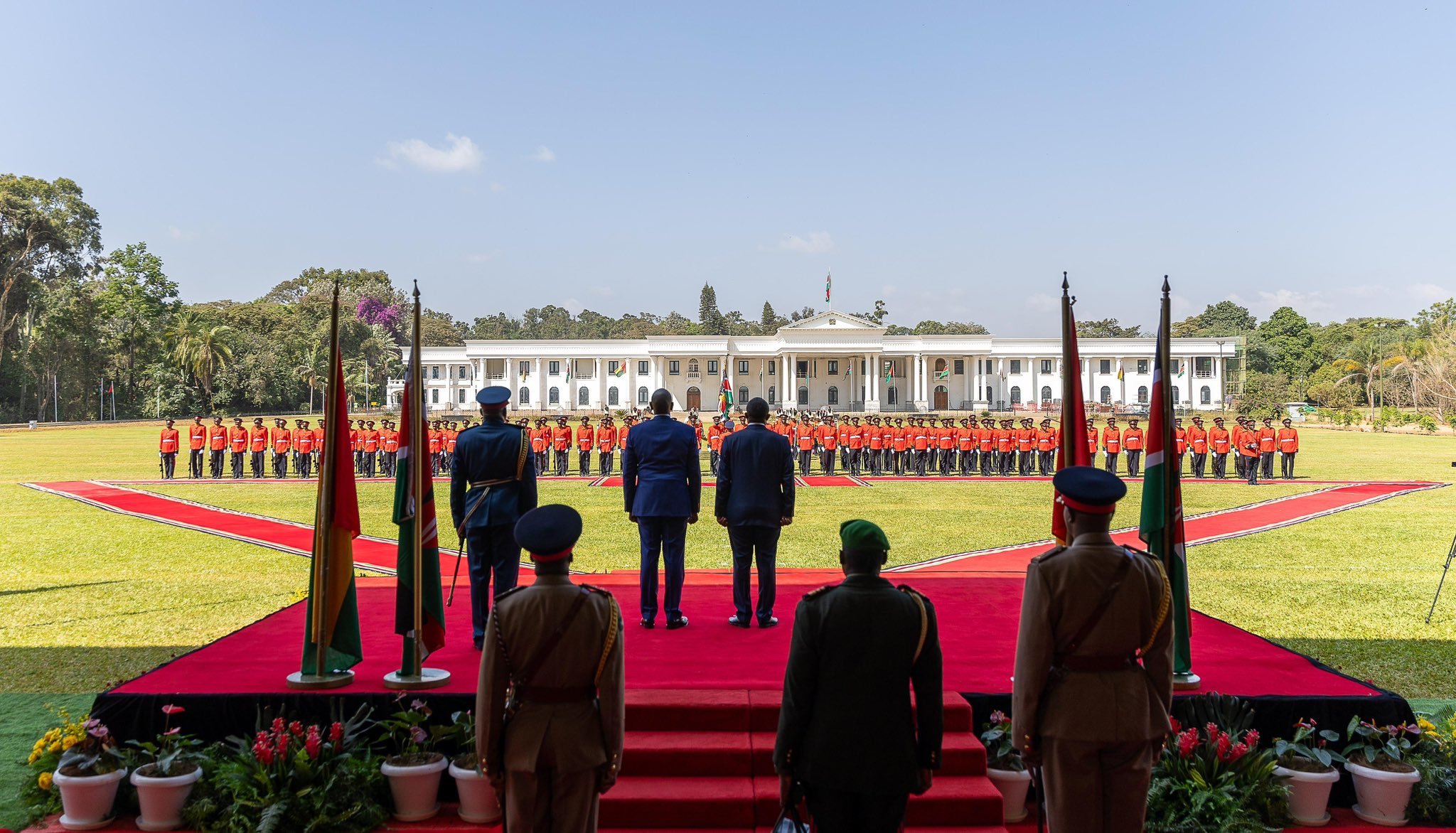

Renovations in government offices are gobbling up billions of shillings in taxpayers’ money, with projects dragging on for years and showing little progress, particularly in the executive.
The Controller of Budget’s 2024-25 report lays bare the colossal sums consumed in refurbishments at State House, Harambee House, the Government Press and foreign missions, often with timelines pushed far beyond original completion dates.
According to the report, general works at Harambee House, which commenced in July 2015, have already cost taxpayers Sh118 million but remain only 35 per cent complete nearly a decade later.
At the Government Press, modernisation and refurbishment that began in July 2013 have swallowed up Sh981.7 million.
Yet, with an expected completion date of June 2028, the project is only 8 per cent complete.
“Analysis of the project’s implementation under the Executive Office of the President showed that the Modernisation of Press and refurbishment of buildings project at the Government Press had recorded minimal progress (8 per cent completion rate) despite the project commencing in 2013 with a target completion date of three years,” Controller of Budget Margaret Nyakango noted.
The expenditure has extended to State House, where refurbishment of buildings at State House Nairobi has so far taken Sh1.18 billion since July 2015.
This includes Sh400 million spent in the 2024-25 financial year.
The project, expected to end in June 2027, is 66 per cent complete.
Delays are also rampant in Kenya’s missions abroad. The report highlights the New York renovation, valued at Sh50 million, which after seven years is only 6 per cent complete.
In Mogadishu, construction of an office block launched in 2014 is 77 per cent complete, having already consumed Sh270 million of its Sh350 million budget.
In London, the State Department for Foreign Affairs has yet to complete acquisition of the chancery valued at Sh2.67 billion.
Four years on, Sh2.12 billion (79 per cent of the cost) has already been paid.
Renovation and redevelopment of government-owned properties in Addis Ababa, Dar es Salaam and Dodoma have also stalled, with progress standing at 13 per cent and 21 per cent respectively.
The delays mirror concerns raised by Auditor General Nancy Gathungu in her 2023-24 audit, which revealed the sorry state of some embassies.
Problems ranged from leaking roofs and cracked walls to peeling paint and abandoned renovations, leaving some residences virtually uninhabitable.
Among those cited were embassies in China, France, Germany, Nigeria and Tanzania.
Historically, the government has prioritised purchasing or constructing diplomatic properties rather than leasing to reduce escalating rent bills.
But the mounting costs, endless delays and poor conditions revealed in recent audits raise sharp questions over accountability, project management and value for money in safeguarding Kenya’s diplomatic image.












